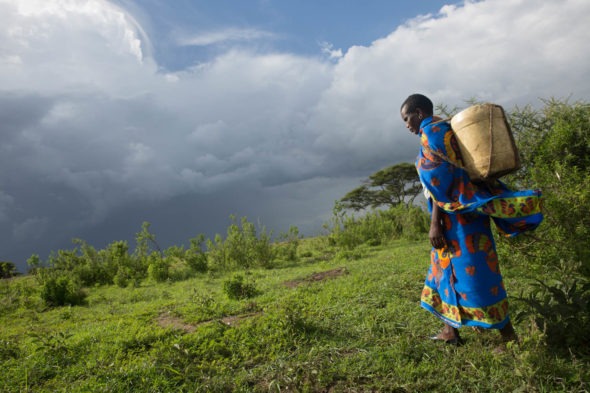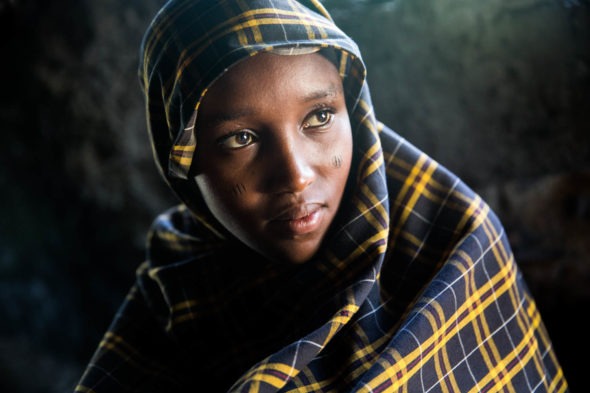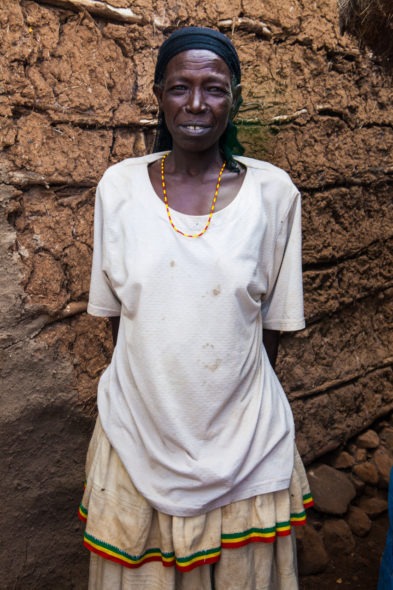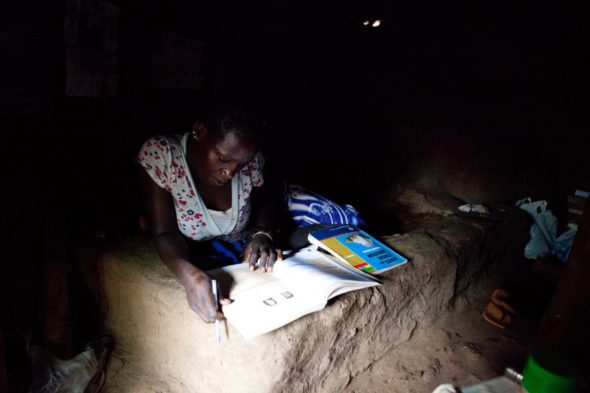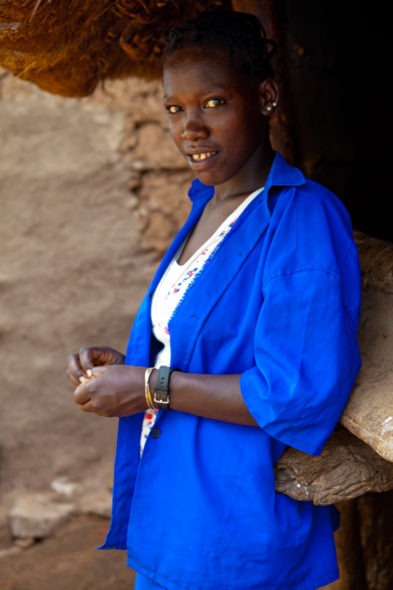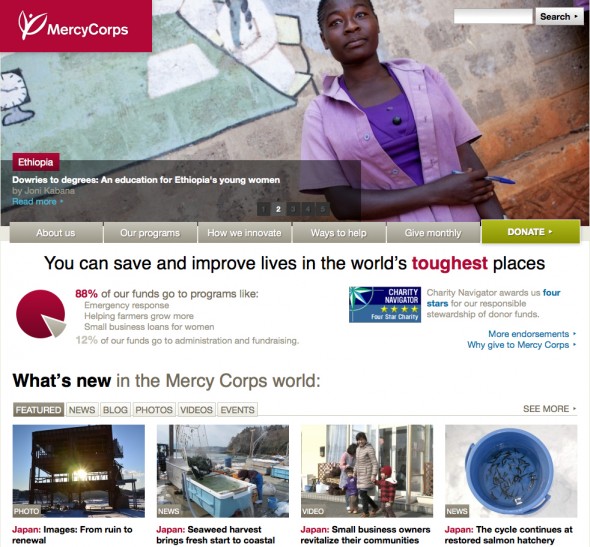Now back home as I reflect upon the past several months, I realize that I am going through reverse cultural shock. What once brought joy to me is altered. I still love meals from Portland’s creative restaurant scene and the idea of wearing a pair of sassy boots, but this trip has made me reach ever so fervently for how we touch the earth…and each other.
My days in Africa were spent in heated debate, exchanging innovative ideas, feeling the shock of human peril, learning about living a truly nomadic lifestyle. and dancing until I collapsed. My heart was so full at times that I had to shut down, fold up, and sit alone in a room to come down from this life high. And sometimes I needed a rest from the effects of my own physical and mental curiosity.
Africa is where we began. Lessons abound from the moment a person steps onto the Motherland. I have many stories to tell, but I will start by highlighting a few of the assignments that sparked a renewal of my mindset.
SABAHAR, Addis Ababa, Ethiopia
I started my journey by working on a fashion shoot for Sabahar, a collective of some of the finest weavers in Ethiopia. Their scarves are woven with super soft traditional Ethiopian cotton and silk spun by silkworms raised on their property. Most importantly, they are devoted to fair employment practices. Their Ethiopian staff are paid a great wage while working in a beautiful and supportive environment. Happy faces were seen throughout the garden-filled compound.
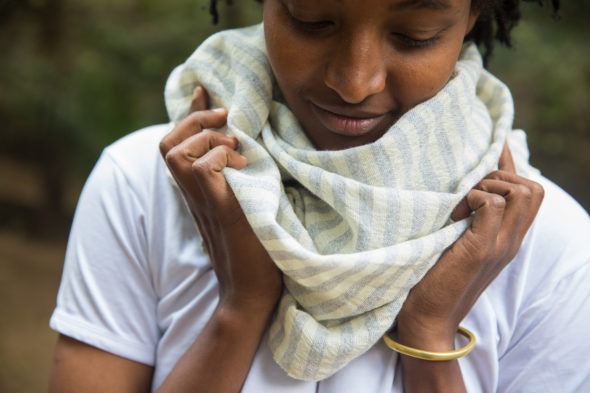
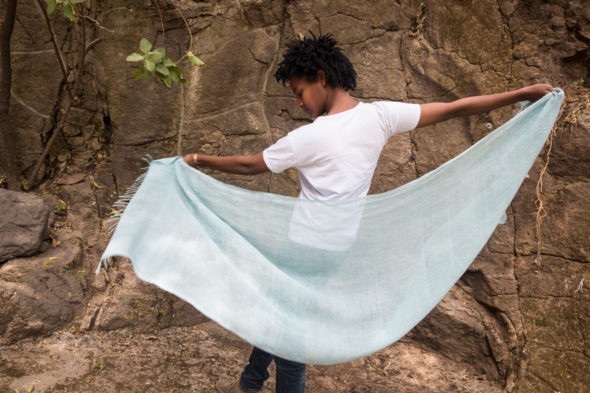
Returning to Uganda seared my soul. Seeing friends I had met earlier in the year and getting to work more closely with TERREWODE (a reintergration center for fistula survivors) was an educating and heart-touching experience. A team volunteered services to teach goat milk soap-making to villagers and TERREWODE staff, advise on the development of packaging, develop a video about the soap-making process and document the way music, dance and drama are used to educate others about fistula.
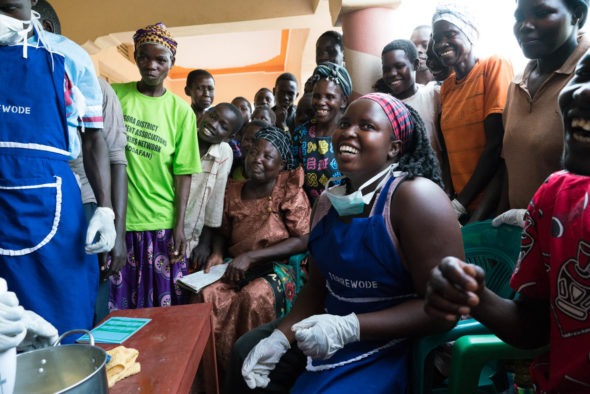
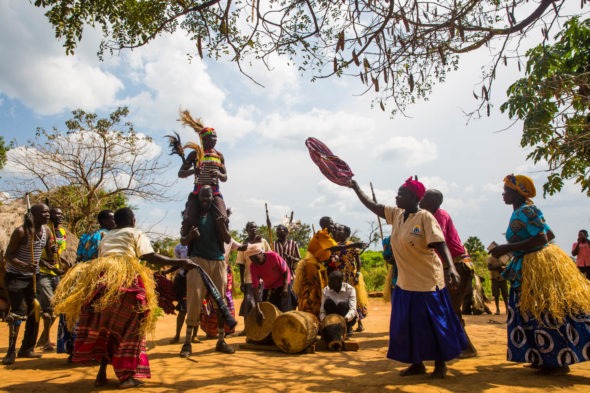
OREGON HEALTH & SCIENCES UNIVERSITY, Portland, Oregon, USA and Mekele, Ethiopia
Some people say that a “silent epidemic” of prolapse conditions are occurring across the globe. Many women suffer from this debilitating healthcare concern while continuing to perform their physically demanding work despite the constant severe pain they experience. Medical staff from Portland joined their expert hands to repair prolapses in many women in the northern Tigray area of Ethiopia. In addition, they trained other Ethiopian medical staff how to perform this life-altering operation.

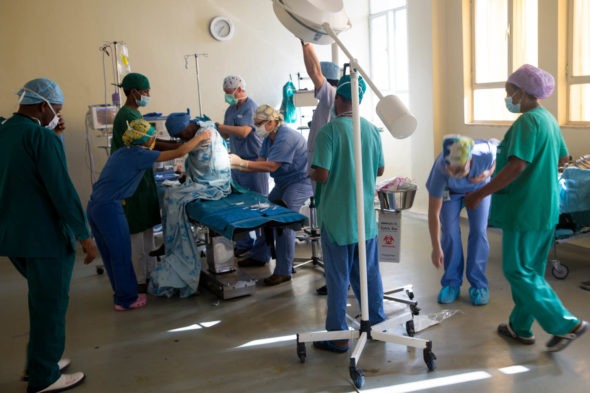
DIGNITY PERIOD, Mekele, Ethiopia
Who would have thought that lack of education and support for menstruating girls and women would have such a dire effect on so many aspects of a female’s life? Lack of menstrual supplies and running water, coupled with little education about the natural occurrence and importance of menstrual cycles, has a direct correlation with how a girl can stay in school and the effects of self esteem for all women. Freweini Mebrahtu responded to this need and created a factory called Mariam Seba (named after her daughter) that makes reusable sanitary napkins and employs women. Dignity Period provides access to sanitary pads and educates students about a female body’s natural process. They also are in the process of researching latrine and water sources for schools to enable hygienic practices. In addition, they are researching the impact of this intervention on the lives of young school girls.
Watch a short video that uses my still images and video I captured while in Mekele, Ethiopia here.
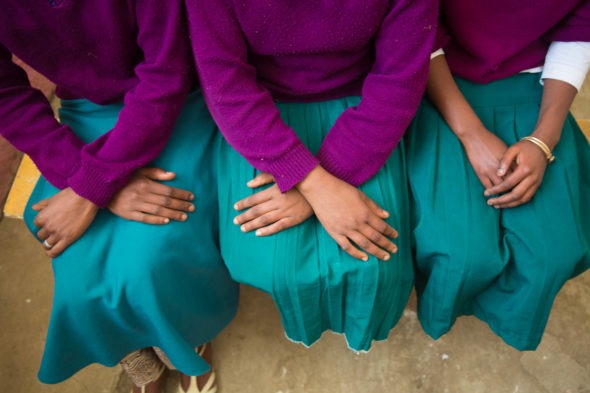
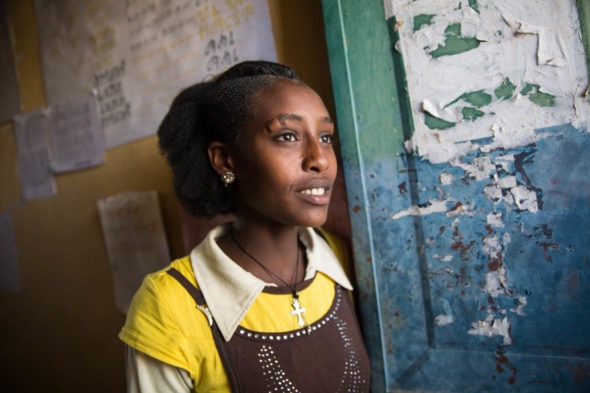
THE MEKELE BLIND SCHOOL, Mekele, Ethiopia
I am haunted in a very good and profound way from the way the students and other staff got to know me while I visited The Mekele Blind School. I was petted, nibbled, pinched and truly moved by the students, and learned many new ways of emphasizing one sense over the other. It was astonishing to see the children running freely and holding each other so closely when they were together. If only we all could experience each other more so in this manner. This school is in dire need of many improvements but they march on inspiring within each student the confidence that they can do anything they wish.
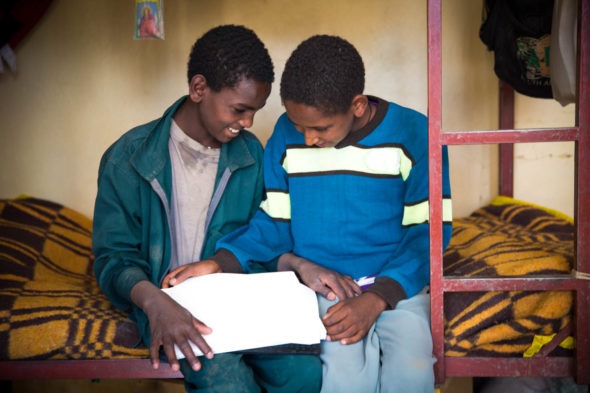
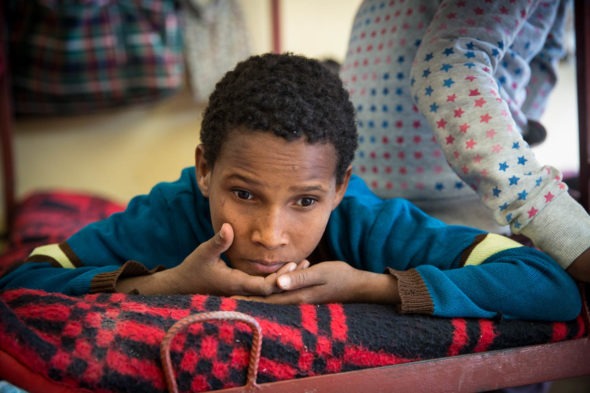
TIGRAY ASSOCIATION ON INTELLECTUAL DISABILITIES, Mekele, Ethiopia
Every so often something will shake my foundation and enrage my soul. On this trip, I found out that girls/women with mental illness are often targeted for rape because some men believe these females are unwanted and therefore free from HIV or other diseases. The afflicted female needs to have 24/7 watch over her in fear she might exit the home compound without someone accompanying her. The Tigray Association on Intellectual Disabilities, founded by a sister of an intellectually challenged girl, helps to nurture and provide activities for both women and men, as well as keep them safe.
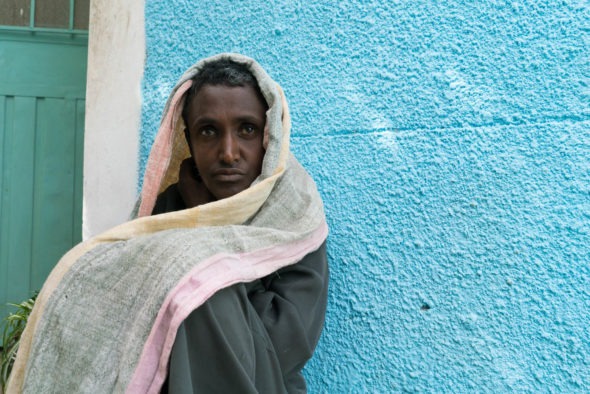
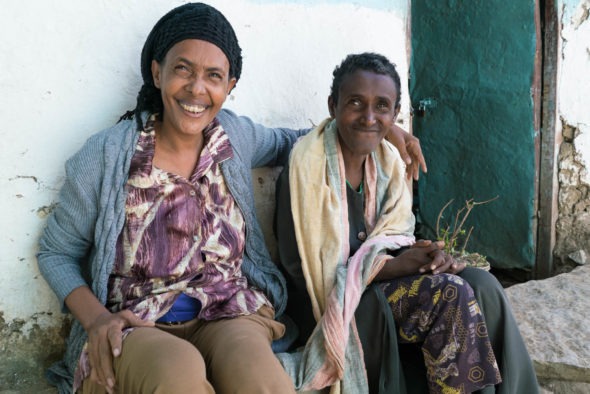
HOPE ENTERPRISES SCHOOL, Addis Ababa, Ethiopia
Imagine living in the most desolate of situations at a poverty level that is at the lowest shanty structure level. Someone knocks on your door, and they ask many questions about your children that are living there. After a lengthy interview process, your family has been selected to be a part of the Hope Enterprise School in Addis Ababa, Ethiopia. Your child will be supported from the time they enter school through high school graduation and they will be assisted until they are placed in a job. This is just one of the many remarkable projects that are funded by Hope Enterprises.
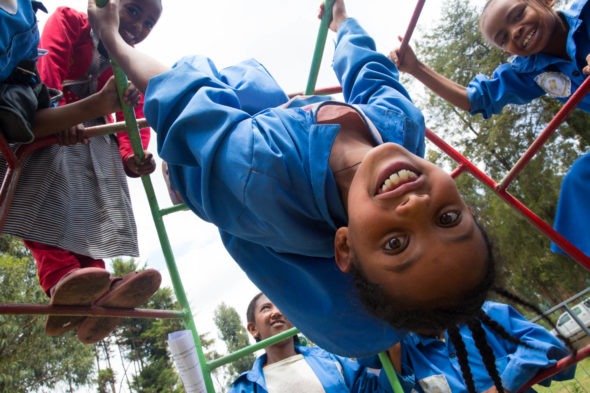
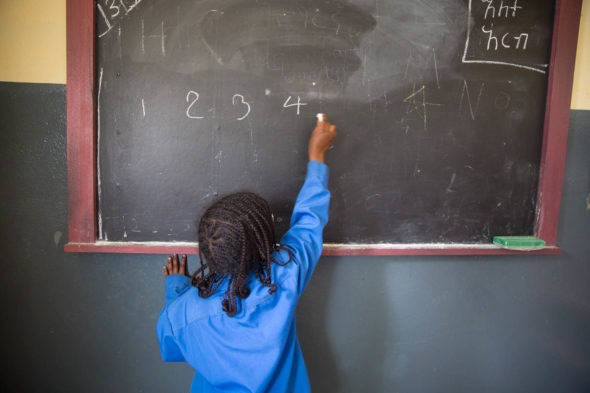
STREET CHILDREN’S BREAKFAST, Addis Ababa, Ethiopia
I rarely feel the devastation of having great pangs of hunger. I can grab a cracker and know that a meal will be had soon. When I am very hungry, my senses get mixed up and I get irritable. For a young boy faced with living on the streets of Addis Ababa, Ethiopia, a breakfast in the morning can mean he can live a day of staving off hunger and not having to hustle or steal for food. Hope Enterprises feeds street boys bread, banana and milk each morning.

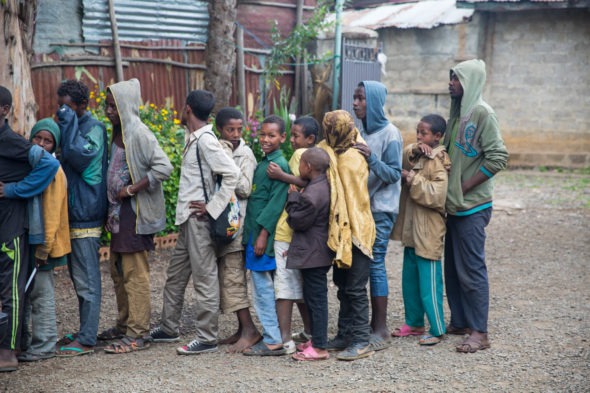
MATERNITY AFRICA, Arusha, Tanzania
Fistula is a devastating condition that affects thousands of women and the families they nurture and support. Dr. Andrew Browning is one of the best fistula surgeons in the world and after working for many years with the Hamlin Fistula Hospital, Andrew now is based in Arusha, Tanzania where he practices and teaches on a global level. Maternity Africa supports his efforts and is in the process of building a new hospital which will ensure that best practices are in place. They also are firmly devoted to fistula prevention by working with midwives to educate villagers about the dire consequences of obstructed labor.
